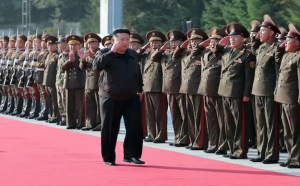Cameron has been shouting loudly from the rooftops that he wants to protect children and to limit access to pornographic material (while providing little or no help to the people who are actually doing this work), primarily by bullying ISPs into compliance. Well, now we’re seeing exactly what’s coming out of this; valuable websites providing good and helpful information being blocked. BT have launched their own filter, and it covers a much, much wider set of sites: those that show pornography (and we still don’t have a legal definition of exactly what this is), refer to illegal drugs, those that promote self harm, the ability to block nudity, social networking and gaming for example. It’s also possible to block access to sex education sites and search engines.
Now, you may well say that there’s no real issue with that, but what’s also getting blocked are sites such as bishUK, which provides sexual advice to teenagers, and Edinburgh Women’s rape and sexual abuse centre which is blocked as ‘pornographic’. Sexual Health Scotland, Doncaster Domestic Abuse Service, and Reducing the Risk of Domestic Violence are also blocked. Now, we could write this off as collateral damage – mistakes do occur and they can always be put right. That’s true, but it may be too late for some people who need information there and then; saying ‘oops, sorry’ to an abused person isn’t terribly effective.
But let’s look further – the BT filters supported blocking “sites where the main purpose is to provide information on subjects such as respect for a partner, abortion, gay and lesbian lifestyle, contraceptive, sexually transmitted diseases and pregnancy.” According to the New Statesman, BT has now removed the words ‘gay and lesbian’, which is rather too little, too late. Does this mean that filters have changed? The reference was gone overnight, and BT are using a third party to produce their filters, so I’m doubtful that much has changed, other than the wording.
Keep Reading







There is no possible way to make such a system function fairly by carving out exceptions based on some bureaucrat’s idea of what constitutes acceptable speech and what doesn’t. Giving any government the final decision over what may and may not be said in public spaces has a very bad history that appears to be repeating itself.